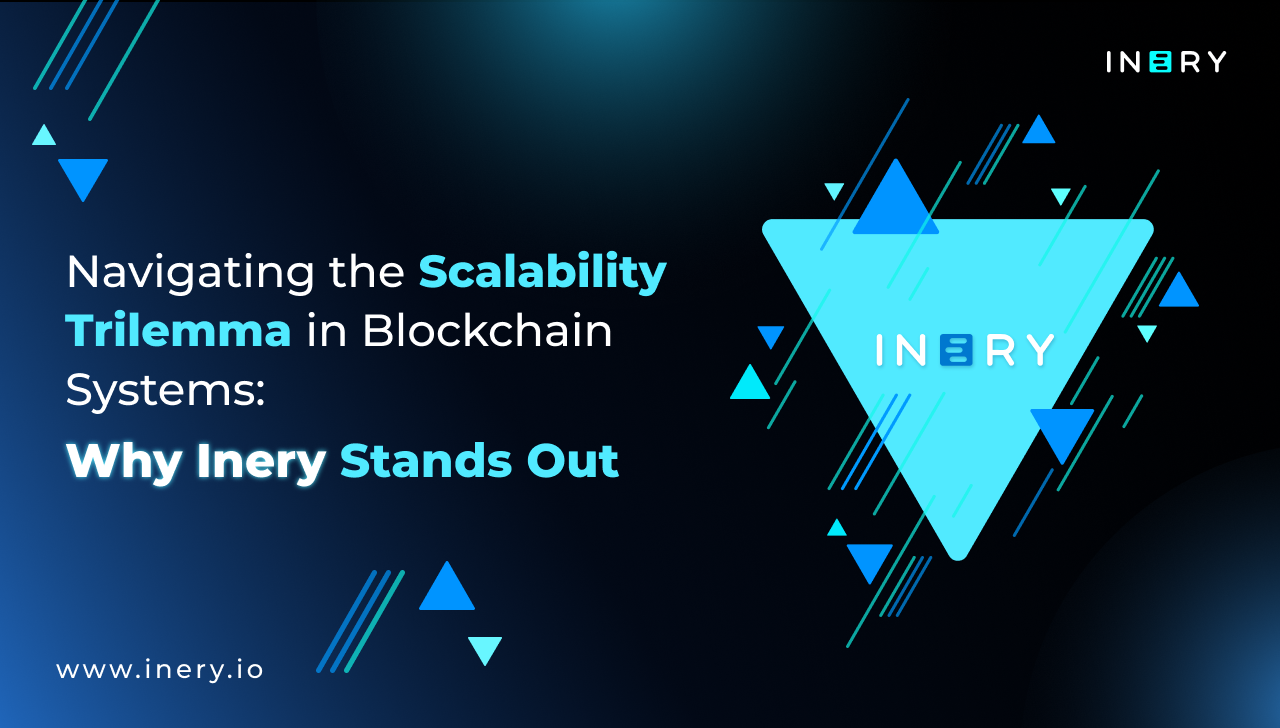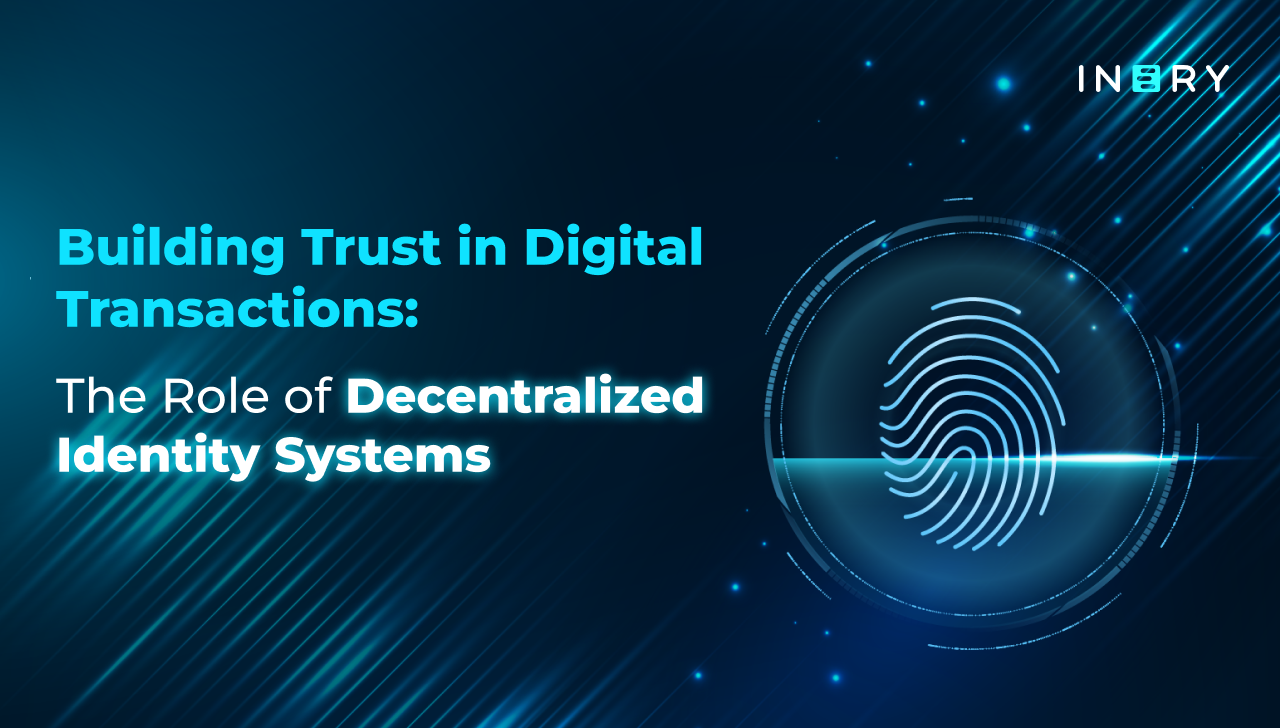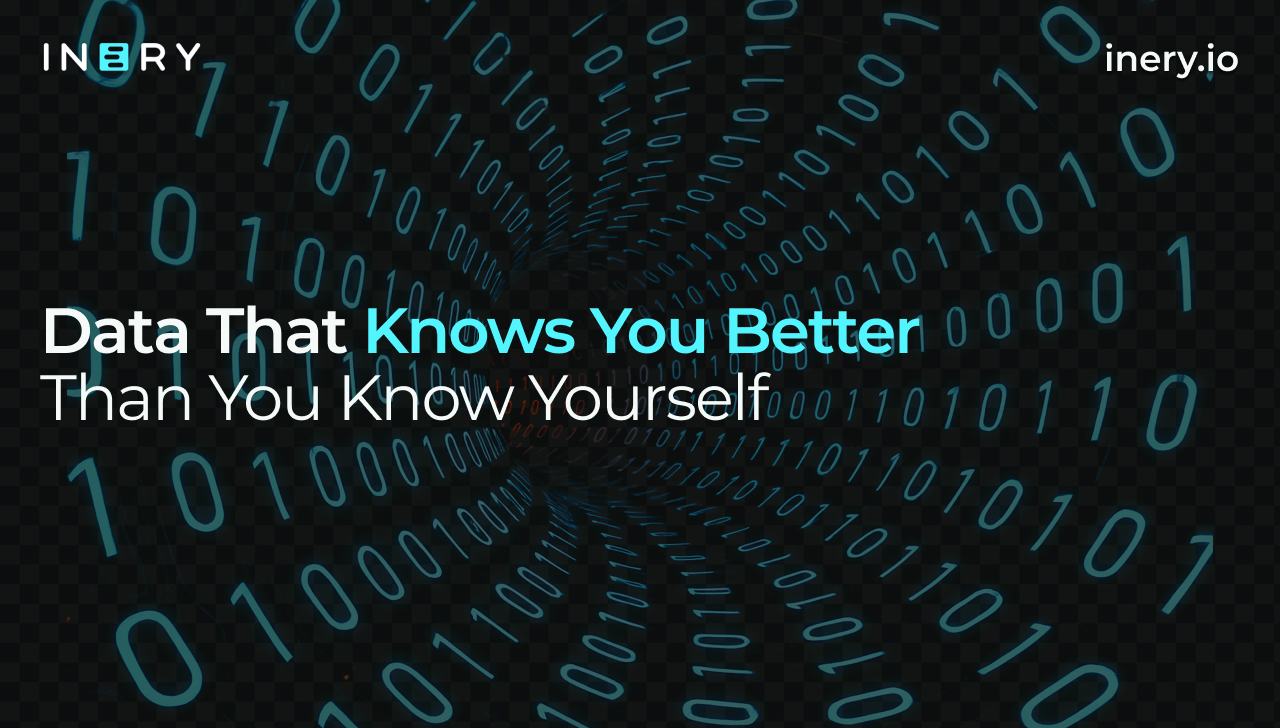E-commerce is a defining branch of today’s digital world, especially post-pandemic. The industry has grown considerably in recent years, placing an even greater importance on smooth, safe online shopping and delivery logistics.
As the e-commerce sector keeps expanding, centralized solutions for data security and reliable logistics prove ever more cumbersome. A more radical tool is needed to support the modern online customer journey.
This is where the blockchain enters the picture. From order to delivery, this decentralized ledger offers opportunities for streamlining, security, and personalization.
Reduced Operational Costs
The blockchain distributes data among its nodes and manages database changes through consensus mechanisms. As such, it doesn’t require intermediaries to safely carry out transactions. On the blockchain, customers can interact with online stores directly, exchanging data from digital wallet to digital wallet.
The decentralized nature of the blockchain greatly reduces complexity in e-commerce 3PL (Third-Party Logistics). For instance, buyers can send tokens or coins directly to the store to pay for a product. As such, payment processing platforms aren’t necessary. Blockchain payments are instant or near-instant, which not only improves customer satisfaction but also incentivizes customers to make further purchases.
The ability to track transparent, immutable data on the blockchain in real time also reduces the risk of costly errors during the storage and transportation of goods. Therefore, online merchants can lower the percentage of requested refunds.
Improved Customer Satisfaction
Customer experience is an integral part of maintaining a strong consumer base for an online store. The common pain points for e-commerce customer satisfaction include long wait times, complicated checkout, and poor personalization. But the blockchain can address these pain points remarkably well.
For one, payments on the blockchain can be lightning-quick. This is mainly because they don’t need third-party processing, which may take several days to finalize. Even slower-running blockchains such as Bitcoin can easily compete with that timeframe. Therefore, buyers don’t wait nearly as long for their shipment to arrive, improving their overall shopping experience.
The blockchain also has the right incentives to increase customer engagement with the store site. An e-commerce website could implement a token reward system for reviews and recommendations, for example. A consumer rates a product and earns tokens which they can exchange for real money, purchase other products on the site, or trade for exclusive benefits.
Alternatively, an e-commerce business can issue NFTs to loyal customers, which they may use for a variety of purposes. For instance, these NFTs can act as loyalty cards or a means to get early access to new products on the site. Buyers may even get an NFT of the image or video of a product they ordered. That way, they instantly get something out of their order rather than having to wait days for the physical item to arrive, which is useful for instant gratification.
Safer eStore and Customer Data
Poor security in an e-commerce store poses a massive risk to both it and its consumers. Current-day efforts to beef up online store security tend to create single points of failure. If this single point happens to fail, the entire website could crash. Even worse, customers’ data and financial assets could end up stolen, damaging them and the store’s reputation.
The blockchain presents a nimble alternative to the bulky centralized security solutions e-commerce stores normally use. Being a decentralized database, the blockchain has no single point of failure. In case a node or two go down, the rest of the network can keep functioning unimpeded. And a cyber attack on a blockchain-powered eStore is practically impossible due to the immutable and transparent way it manages data.
Through the blockchain, e-commerce websites enjoy a built-in latticed security structure that cuts costs otherwise spent on measures against attacks like DDoS (Distributed Denial of Service) or malware. But it also offers tools for a strong, user-friendly authentication and profile personalization system. Customers have highly customizable data-sharing options, they can connect with other customers in a peer-to-peer network, and they can shop worry-free with their encryption-protected profiles.
Better Tracking of Goods
With blockchain technology, information about the state and location of ordered merchandise is readily available to all stakeholders, from the warehouse to the doorstep. Every detail of a particular order is indelibly recorded, which helps to minimize the risk of duplicate orders. The same applies to goods in stock: warehouses can use the blockchain for more up-to-date data on their inventory. This can help better optimize warehouse space usage, in addition to reducing maintenance costs.
As far as in-transit products are concerned, they can be easily tracked on the blockchain’s transparent network. Every single item is identifiable and readily traceable to the shopper on the blockchain. As a result, customers can check their order status with precision, while eStore owners reduce the number of failed or unsatisfactory deliveries.
Inery: Driving Value in E-commerce With the Blockchain
By managing their data on Inery’s layer-1 blockchain database management solution, e-commerce stores can improve security, operational costs, accuracy of order delivery, and customer satisfaction. Database management through Inery’s decentralized tool is made easy by IneryDBMS, an intuitively designed management system that simplifies data CRUD and supports complex queries.
The Inery blockchain allows its users to create a decentralized data ecosystem, defending their data against single-point-of-failure risks. Its Self-Delegated Proof of Stake consensus mechanism keeps website, buyer, and transaction data safe from hacking. It also facilitates rapid data transactions, capable of handling an excess of 10,000 transactions per second. As such, e-commerce sites can endure high shopper traffic.
The e-commerce experience becomes more personalized and unique thanks to Inery. Online stores can create NFTs that reward buyers for pre-orders or loyalty milestones. They also get the option to remunerate buyers with tokens for leaving reviews, rating products, or being active in the store’s decentralized community.
Meanwhile, Inery’s value contracts can automate order authentication, approval, and conclusion. Generate smart contracts with customizable parameters like time of delivery, discounts, or refund conditions. From there, the contract will automatically record the order and all relevant data from start to finish. No intermediaries are needed, saving time and costs.
With Inery, e-commerce stores can become robust digital markets that offer unique value to their customers. So take a quantum leap with Inery, and experience true decentralization in an affordable way.

Inery•
1 year ago
Why Minimalist Data Management Leads to Better Performance
Learn why adopting a minimalist approach to data can boost efficiency, lower expenses, and keep your information secure. ...READ MORE

Share

Inery•
2 years ago
The Data Breaches Of 2023: The Report Wrap-Up
Navigate the changing cybersecurity landscape highlighted in IBM's 2023 Data Breach Report, addressing the alarming rise in cyber threats from a shift to secondary vendors. ...READ MORE
-1703751931.png)
Share

Inery•
1 year ago
Navigating the Scalability Trilemma in Blockchain Systems: Why Inery Stands Out
Explore how Inery addresses blockchain technology's scalability trilemma through its unique decentralized database management system and custom consensus mechanism. ...READ MORE

Share

Inery•
1 year ago
Building Trust in Digital Transactions: The Role of Decentralized Identity Systems
Learn how decentralized identity systems supported by blockchain, like Inery, provide a secure, private, and controlled way to manage digital identities and build trust online. ...READ MORE

Share
Most popular today

-1678970347.png)

